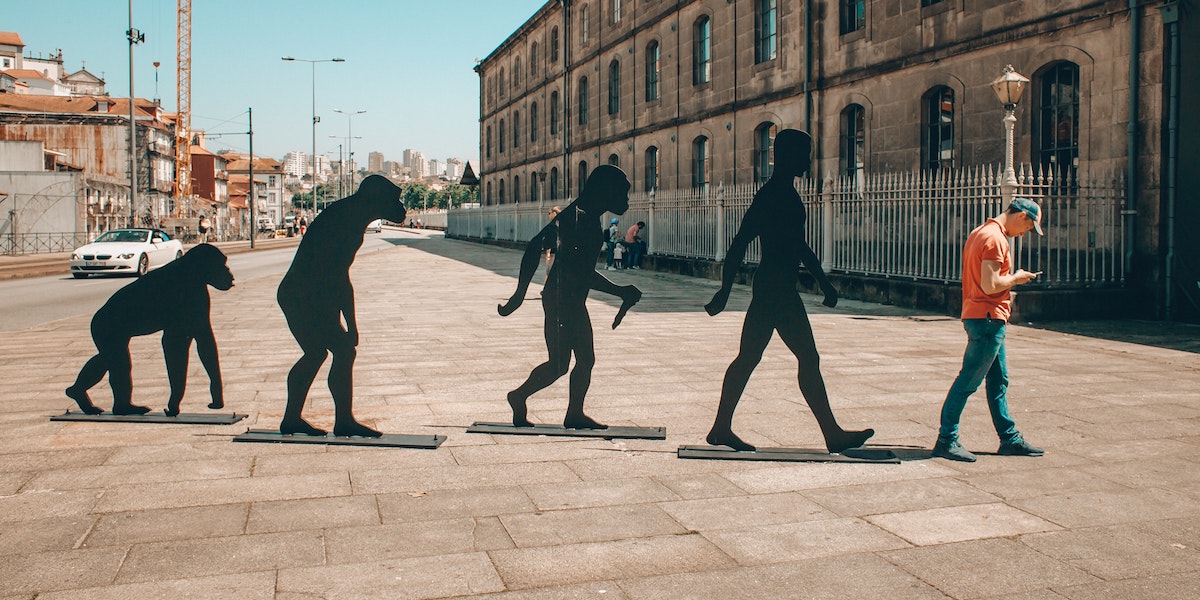Lisa Feldman Barrett is among the top 1% most cited scientists in the world for her revolutionary research in psychology and neuroscience. She is a University Distinguished Professor at Northeastern University with appointments at the Massachusetts General Hospital and Harvard Medical School. Dr. Barrett was awarded a Guggenheim fellowship in neuroscience in 2019, and she is a member of the American Academy of Arts and Sciences and the Royal Society of Canada.
Below, Lisa shares a few key insights from her new book, Seven and a Half Lessons About the Brain.
Why did a brain like yours evolve? The obvious answer is to think. Many people believe that brains evolved in some kind of upward progression—say, from lower animals to higher animals, with the most sophisticated, thinking brain of all, the human brain, at the top. After all, thinking is the human superpower, right?
Well, the obvious answer turns out to be wrong. In fact, the idea that our brains evolved for thinking has been the source of many profound misconceptions about mental life.
To understand how your brain actually works and what its most important job is, we have to go back about five hundred million years, when the Earth entered what scientists call the Cambrian period. This is the period when animals began actually hunting one another, which started an arms race of sorts between predators and prey. The most critical question in existence became, “Is that blob in the distance good to eat, or will it eat me?” Creatures who could better sense their surroundings, and could move with more agility, were more likely to survive and thrive. And evolution favored those who performed these tasks efficiently. After all, if a creature chased a meal but moved too slowly, something else gobbled it up first. But if a creature burned up energy fleeing from a threat that never arrived, it wasted precious energy that might be needed later. Energy efficiency was, and is, a key to survival.
“The idea that our brains evolved for thinking has been the source of many profound misconceptions about mental life.”
You can think about energy efficiency like a budget. A financial budget tracks money as it’s earned and spent, while a budget for your body similarly tracks resources like water, salt, and glucose as you gain and lose them. Each action that spends resources, such as swimming or running, is like a withdrawal from your account. Actions that replenish your resources, such as eating and sleeping, are like deposits. Every action you take, or don’t take, is an economic choice—your brain is guessing when to spend resources and when to save them. So the value of any movement is intimately tied up with body budgeting.
Creatures before the Cambrian period controlled their bodies with just a handful of body-budgeting cells. As hunting drove animals to evolve bigger bodies with more systems to maintain, their handful of body-budgeting cells also evolved—to become brains.
As evolution progressed over the next 500 million years, the Earth became littered with complicated brains of all kinds, including yours. Your brain is miraculous—right now, as you read these words, your brain is supervising over six hundred muscles in your body and balancing dozens of hormones coursing through your blood, which is pumping at a rate of over a gallon per minute. At the same time, it’s regulating the energy of billions of brain cells, digesting food, excreting waste, and fighting illness. And this biological symphony runs nonstop for your entire life.
So, your brain’s most important job is not thinking. Its most important job is to run a budget for your body efficiently, so that you can spend when you need to and save when you don’t. This helps you survive and thrive, and ultimately, to perform nature’s most vital task: passing your genes on to the next generation.
Download the Next Big Idea App today:

































